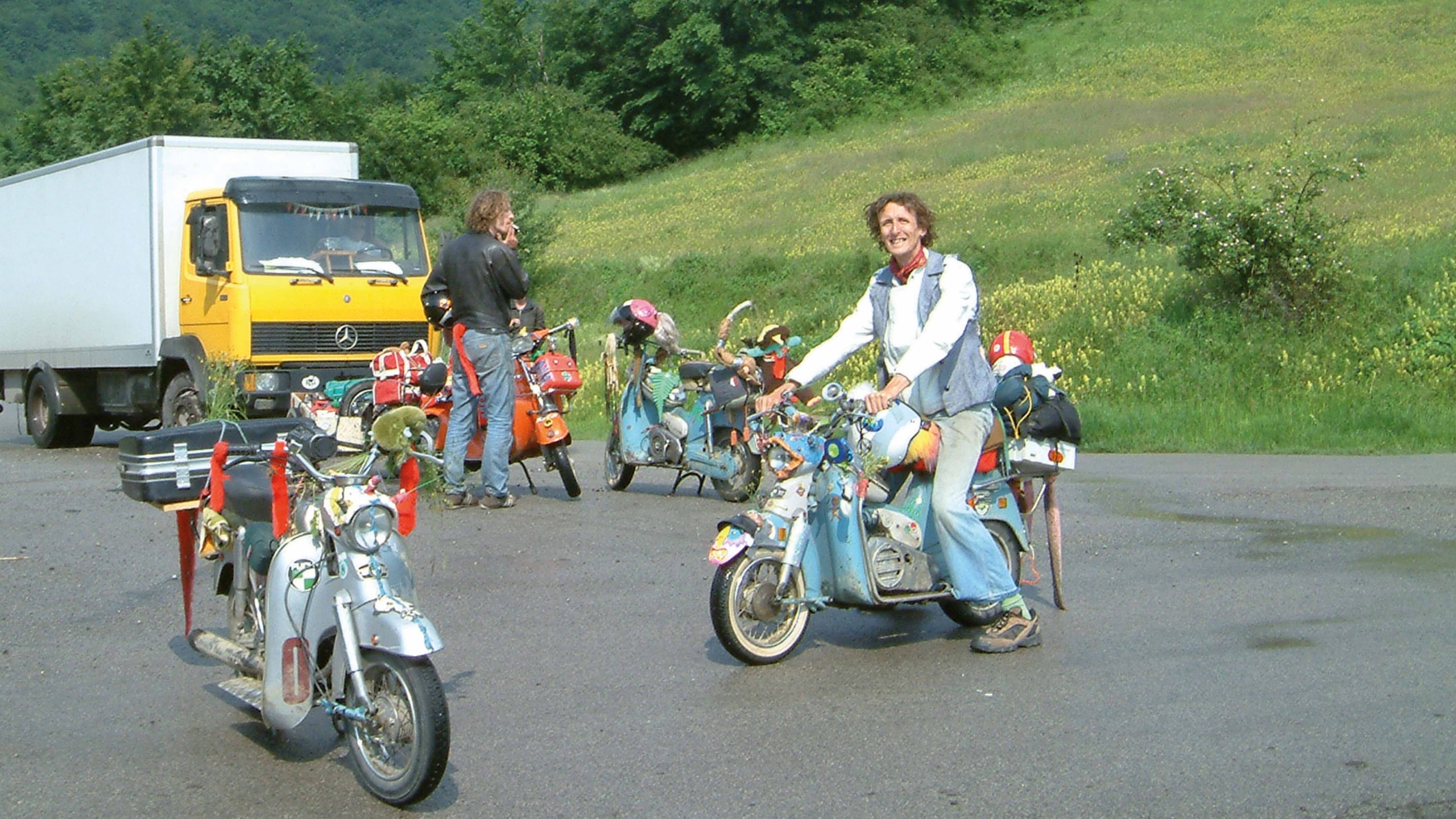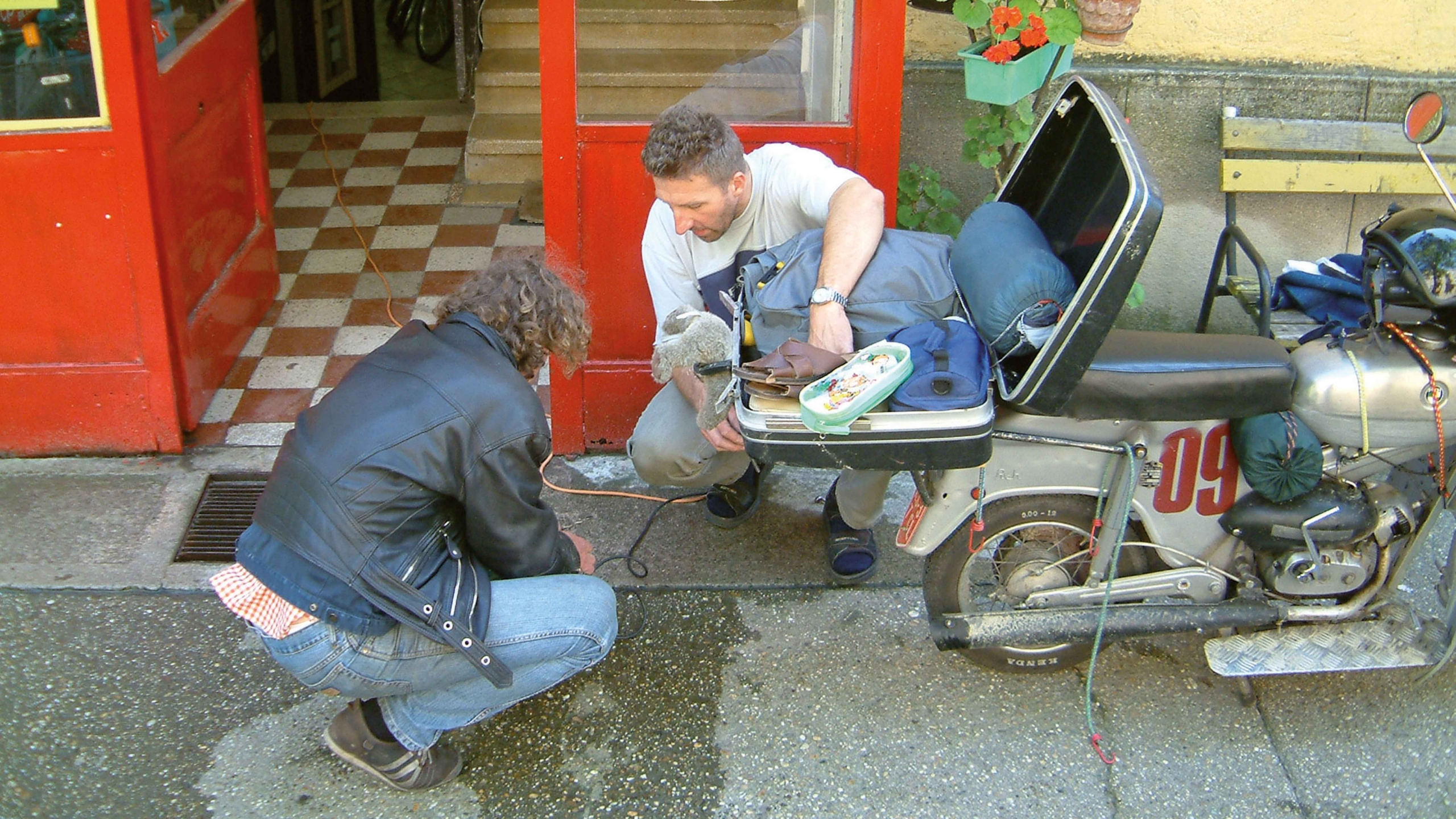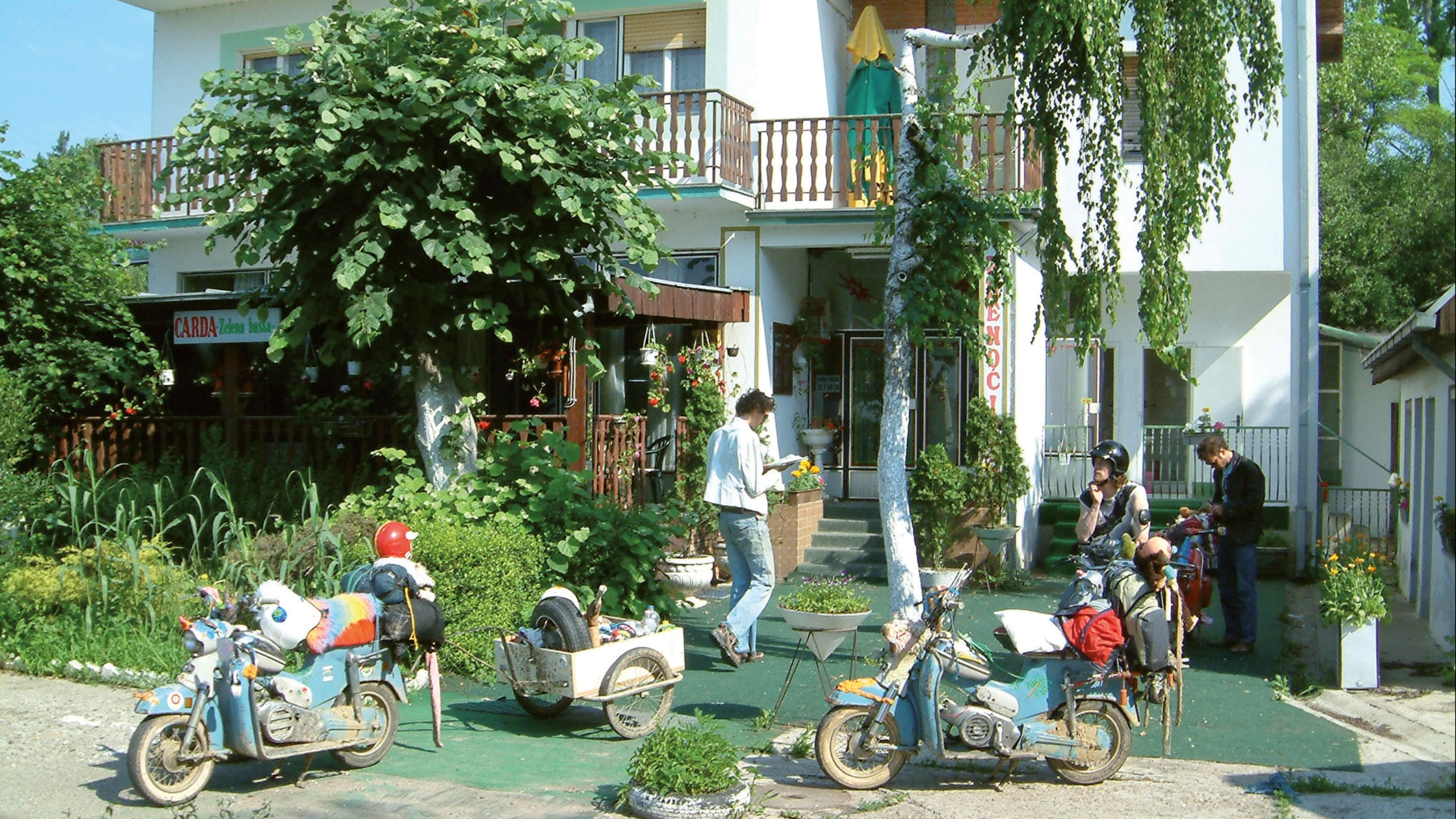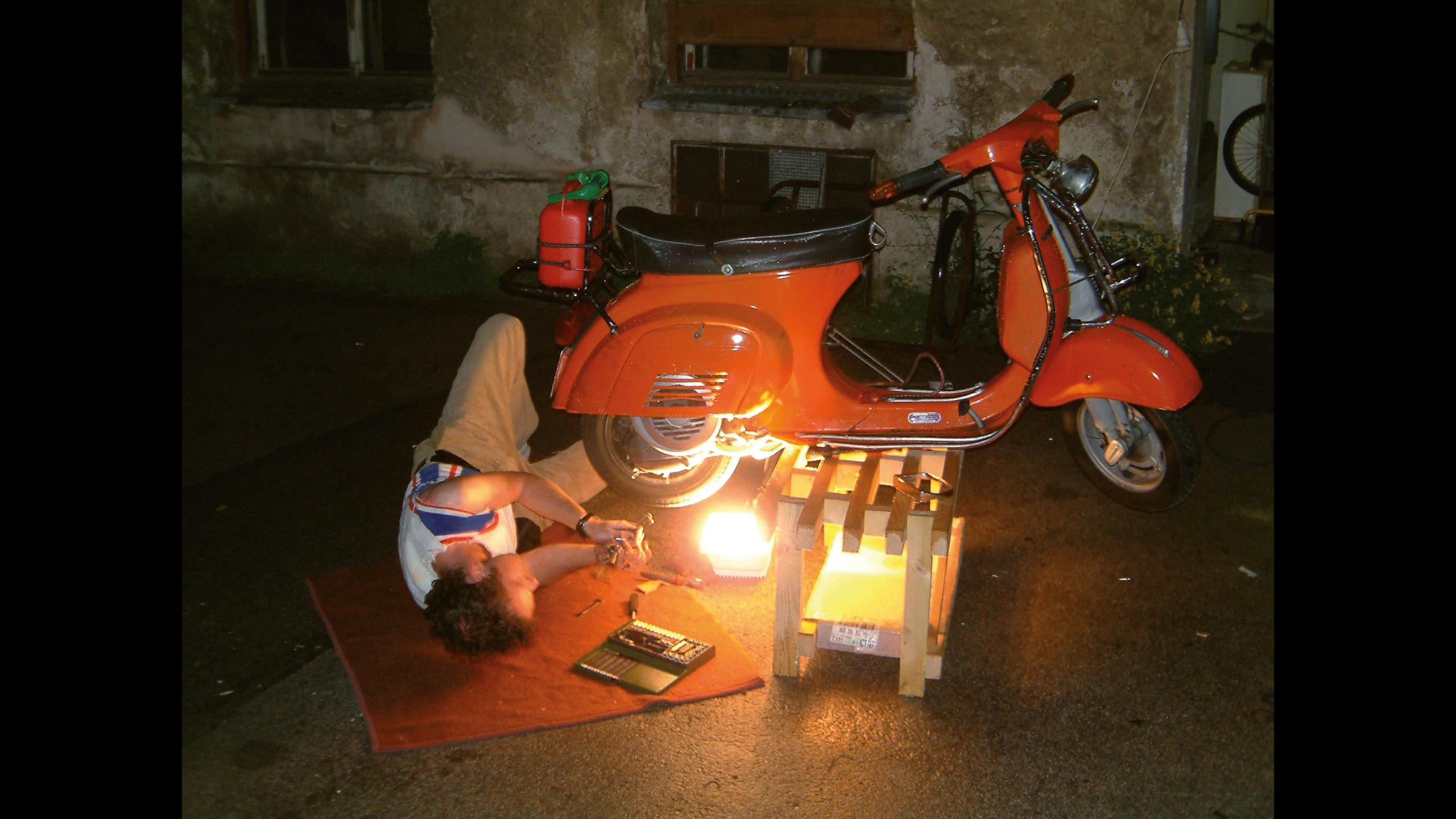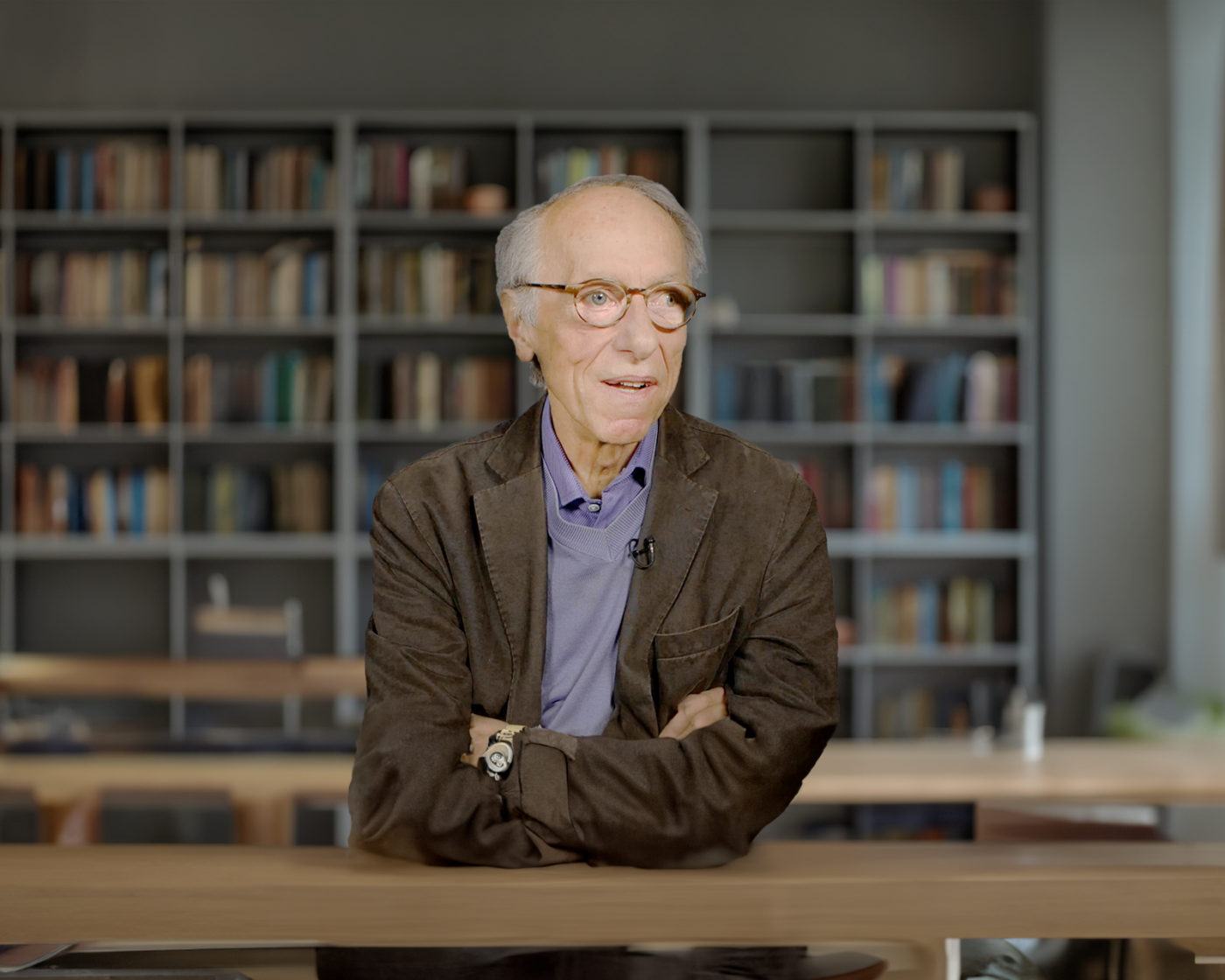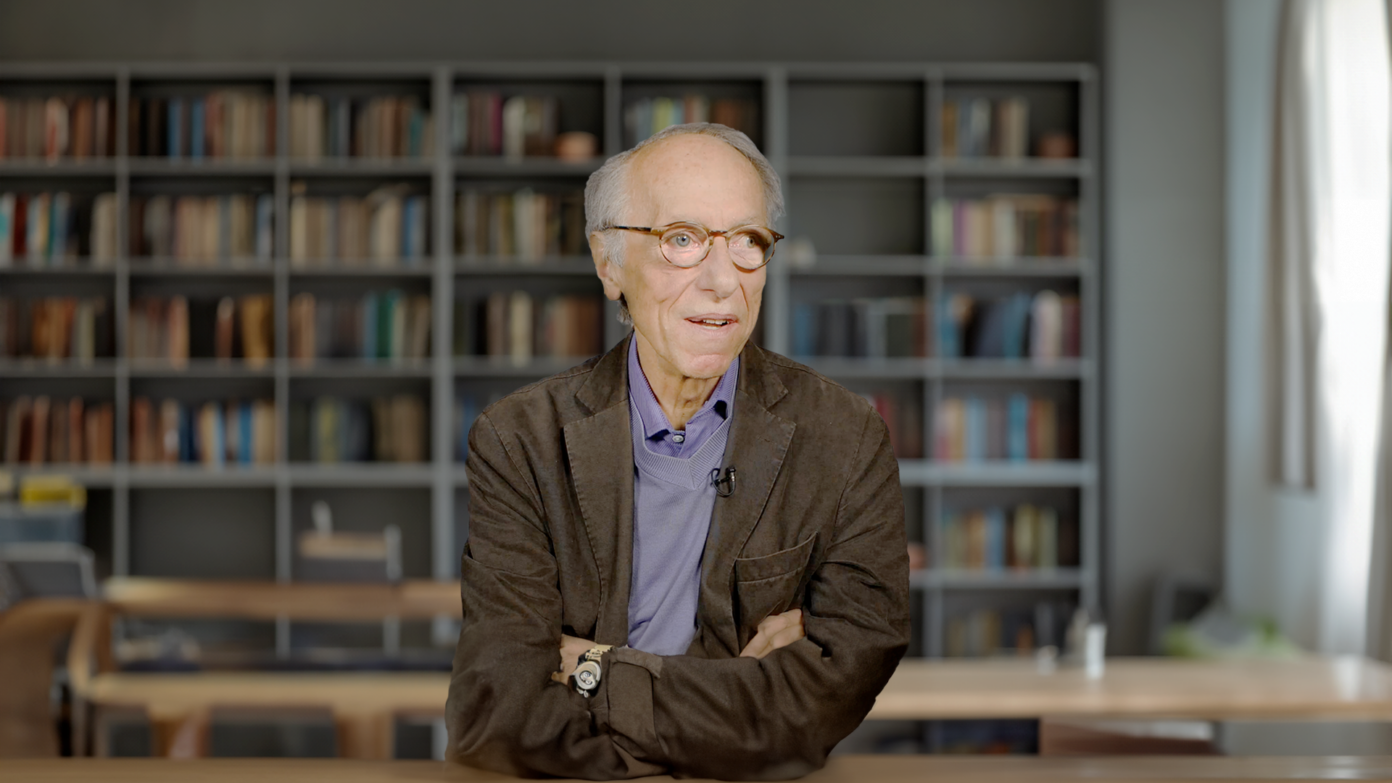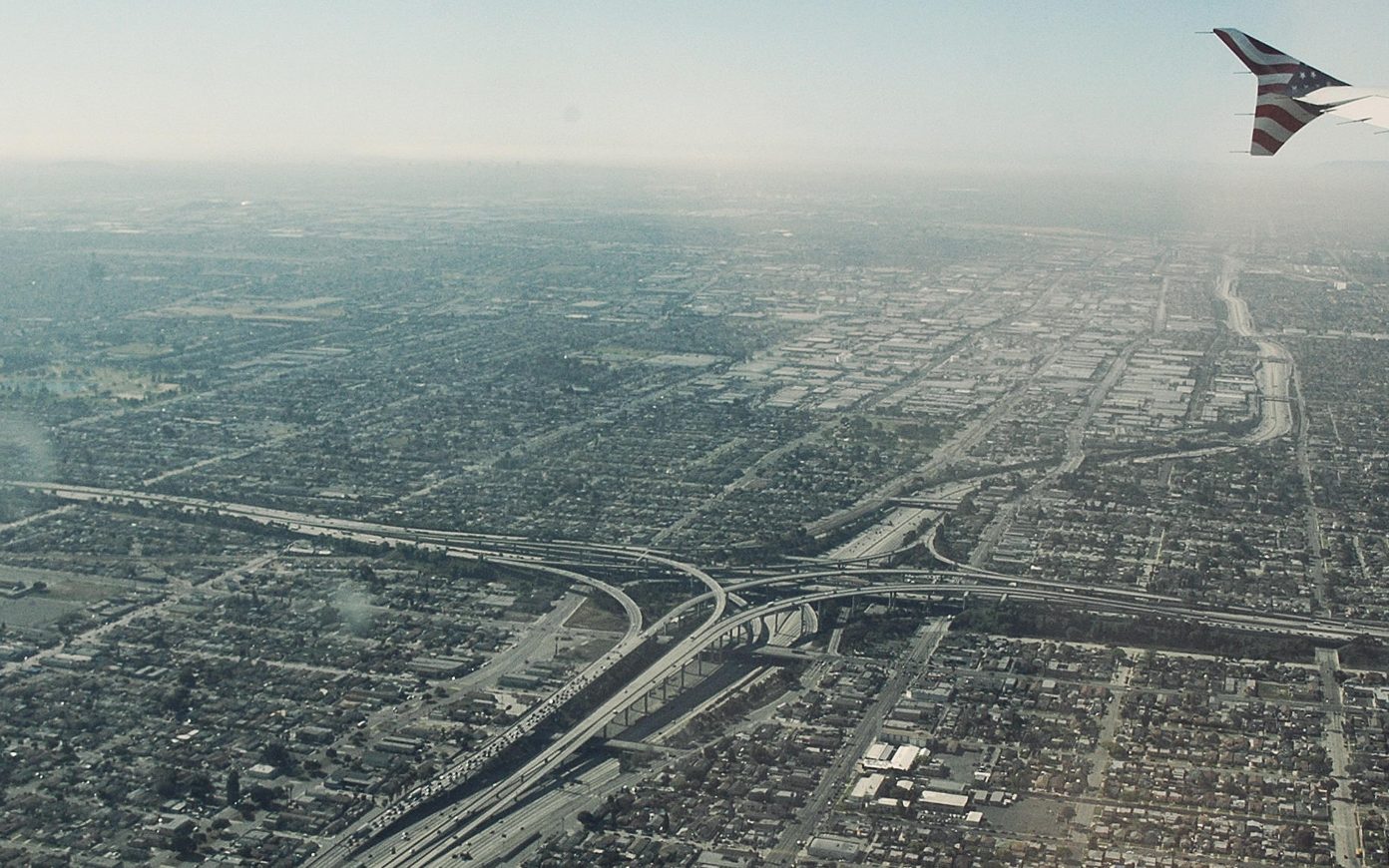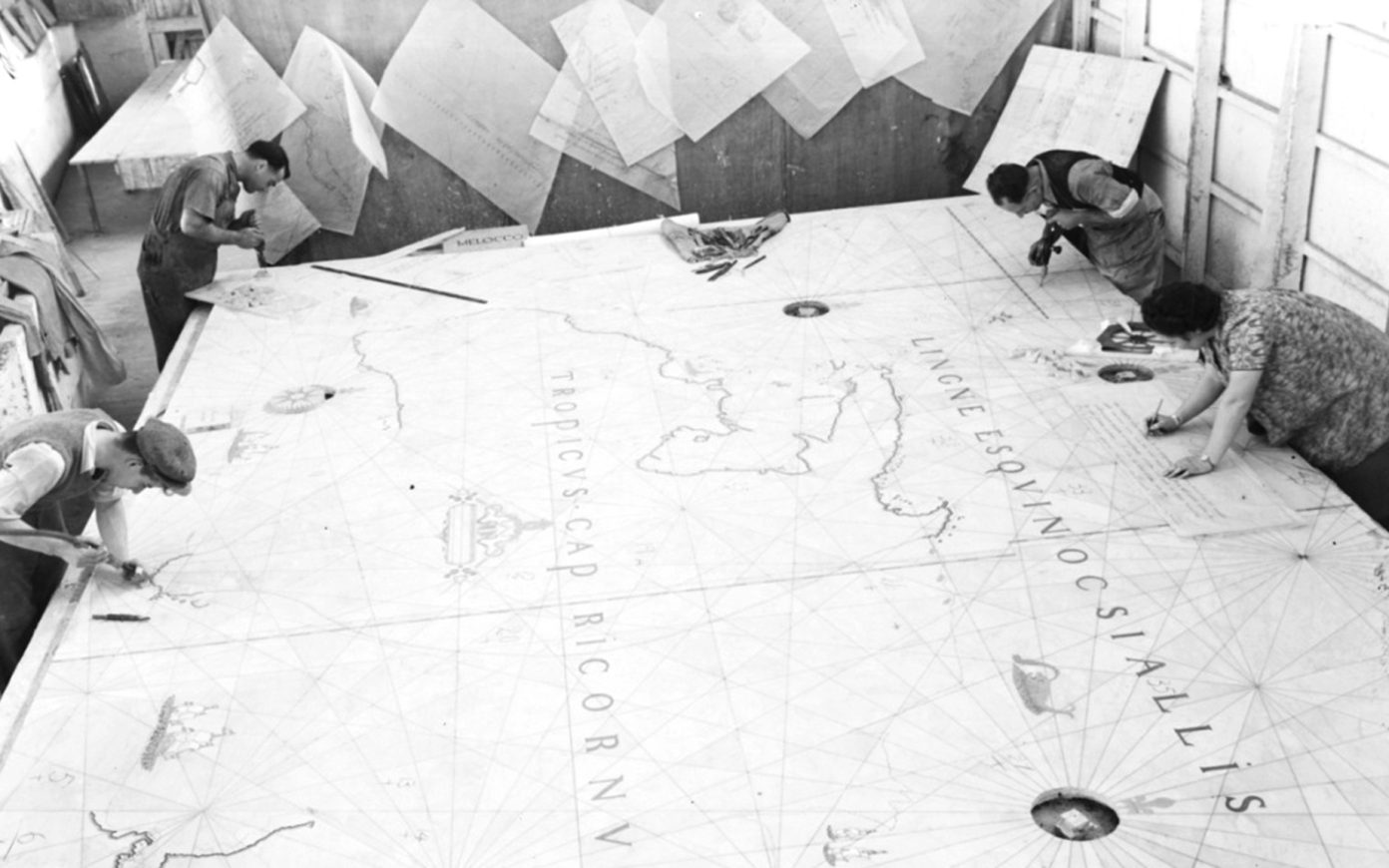Gelitin : Are the seats of the bikes hard ? Does your ass hurt ?
Gelitin : It’s about attitude and the use of pillows. The more pillows you use the more your ass was hurting before.
Gelitin : Is it easier to go to the east or to the west ?
Gelitin : You go west to express yourself and you go east to impress or explore yourself. It is not about easy or difficult it is a totaly different subject. I believe that eastern europe is a truly romantic place and it is a good place to float around and have an emotional love affair with.
Gelitin : What kind of image do you think you are transmitting, while you cross eastern europe ?
Gelitin : Respect and hope. Like after watching a very good movie. You have this happy feeling that there are people out there who do a good job, that’s a very relieving moment.
Gelitin : Crossing national borders is a complicated thing sometimes. How are your experiences with border crossings, national borders and borders in general ?
Gelitin : Approaching border is a good introduction of what expects you after crossing them.
Gelitin : Sure we have the right passports making it smooth and easy to step in, but the vehicles and our styling gets us a little more attention. So in the end we have to assist ourselves to make this border crossing really happen. And there is no difference between any borders at all. A true borderline experience was crossing the border into Romania and the first two days of traveling there, surprisingly beatiful and hardcore mysterious in every little detail.
Gelitin : And the people you are meeting on the journey ?
Gelitin : Millions of different people with million of different desires. A lot of happy people who like to be what they are.
Beautiful, fantastic musicians in bars ans discos, sweet old ladies, who sing and dance in the afternoon, dirty loud highly educated children, who speak english with us, sherpherds who sleep all day and become 120 years old.
Nervous young men who want to be italian, beautiful girls who would ignore us, because of our lousy mopeds.
